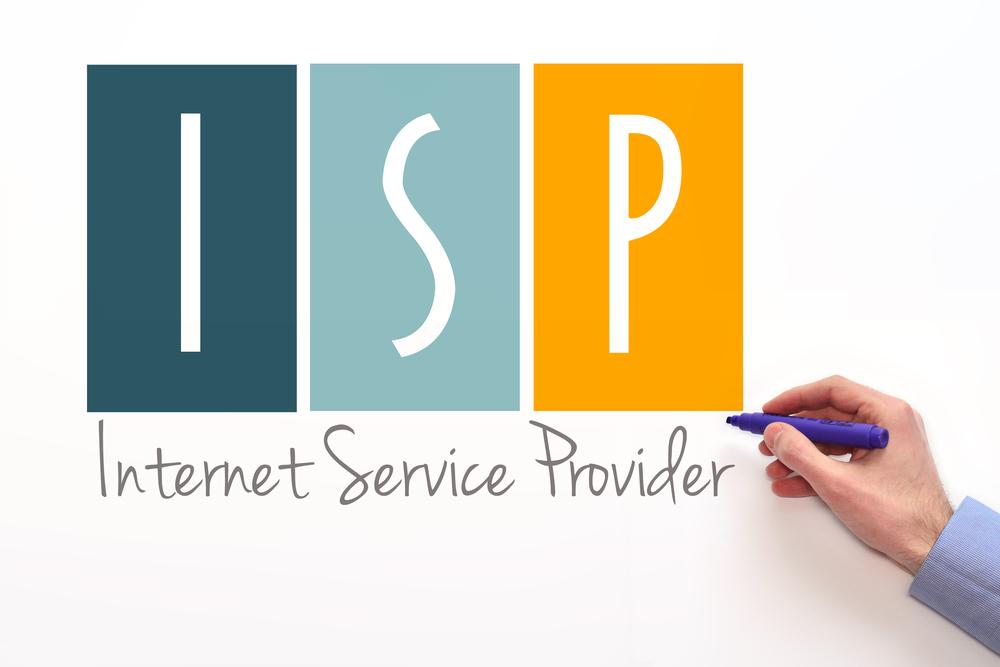Comprehensive Guide to Choosing the Best Internet Service Provider in Today's Digital Age
This comprehensive guide helps consumers navigate the competitive landscape of internet service providers, highlighting key factors such as connection types, speeds, reliability, and customer support. It offers detailed tips for selecting the best provider tailored to individual needs, ensuring users make informed decisions and enjoy seamless online connectivity. Whether in urban or remote areas, understanding provider differences and evaluating essential features can significantly enhance your internet experience, making it a vital resource for modern digital life.

Comprehensive Guide to Choosing the Best Internet Service Provider in Today's Digital Age
In our increasingly connected world, having reliable and fast internet access is no longer a luxury but a necessity. With a multitude of internet service providers (ISPs) vying for your attention, selecting the right one can be a daunting task. The variety of packages, connection types, and technological features make it essential to approach the decision with careful consideration. This extensive guide aims to help consumers navigate the complex landscape of internet options, understand key factors to consider, and ultimately choose a provider that best fits their needs and budget.
Understanding the importance of reliable internet service is the first step. Today, whether you're working from home, streaming high-definition videos, gaming, or simply browsing, a stable connection significantly impacts your productivity and entertainment experience. The right ISP ensures minimal downtime, fast speeds, excellent customer support, and competitive pricing. As technology advances, so do the options, with providers offering fiber-optic, cable, DSL, satellite, and cellular-based internet services, each with its own advantages and limitations.
Major Internet Service Providers and Their Offerings
Several leading providers dominate the market, each with their unique packages and technological capabilities. Notable national players include Comcast Xfinity, Verizon Fios, AT&T Internet, Cox Communications, and Spectrum (formerly Time Warner Cable). Regional and local providers might also offer competitive plans, especially in rural or underserved areas. Understanding the strengths and weaknesses of these providers is crucial for making an informed decision.
Key Factors to Consider When Choosing an ISP
Connection Type: Decide whether you need cable, DSL, fiber-optic, satellite, or cellular internet. Fiber provides the fastest speeds and highest reliability but may not be available everywhere. Cable is widely available and offers good performance. DSL is often more affordable but slower than fiber or cable. Satellite is suitable for remote areas but can have higher latency. Cellular plans are ideal for mobility and on-the-go use.
Speed and Bandwidth: Determine your household or business needs. For basic browsing and streaming, 25-50 Mbps might suffice. For gaming, remote work, or multiple users, 100 Mbps or higher is recommended. Consider simultaneous device usage to avoid overload.
Reliability and Uptime: A dependable connection minimizes disruptions. Research provider reviews and availability of service guarantees or service level agreements (SLAs).
Customer Support: Responsive customer service can save you hours of frustration. Check online reviews and service plans to gauge support quality.
Pricing and Promotions: Compare introductory offers, package deals, bundling options (with TV or phone), and long-term rates. Watch out for hidden fees such as installation costs and equipment rentals.
Contract Terms and Flexibility: Understand contract lengths, early termination fees, and options for plan upgrades or downgrades.
Additional Tips for Selecting the Best ISP
Beyond the basic factors, consider the following tips to refine your choice:
Test Local Availability: Use online tools or local forums to verify which providers operate in your area and their service quality.
Assess Equipment Requirements: Ensure compatible modem/router options are available. Some providers include equipment in their plans, while others require you to purchase or rent devices.
Check for Data Caps: Unlimited data plans are preferable for heavy users, preventing additional charges or throttling.
Compare Future Scalability: Choose plans that can scale with your growing needs like increased speeds or additional devices.
Evaluate Overall Value: Balance pricing, speed, support, and reliability to select the best overall package.
The Advantages of Opting for Reputable Internet Providers
Selecting a trusted provider guarantees quality service, consistent connectivity, and professional customer support. Reputable companies invest in infrastructure upgrades, offer technical assistance promptly, and are more transparent about pricing and service limitations. While their plans might be slightly more expensive, the benefits of minimized downtime and higher speeds often outweigh the costs. Reliable ISPs also provide benefits such as security features, bundled services, and higher bandwidth options, enhancing your overall internet experience.
Conclusion: Making an Informed Choice for Your Internet Needs
Choosing the right internet service provider is a crucial decision with long-term implications for your daily life, work, and entertainment. By conducting thorough research, understanding your individual needs, and evaluating available options based on connection type, speed, reliability, customer support, and pricing, you can identify a provider that offers the best value. Remember, an informed consumer is better equipped to negotiate, avoid unnecessary costs, and enjoy seamless online experiences. As technology evolves, staying updated on new services and offerings can further optimize your internet connectivity, ensuring you remain connected with confidence and convenience in this digital age.





